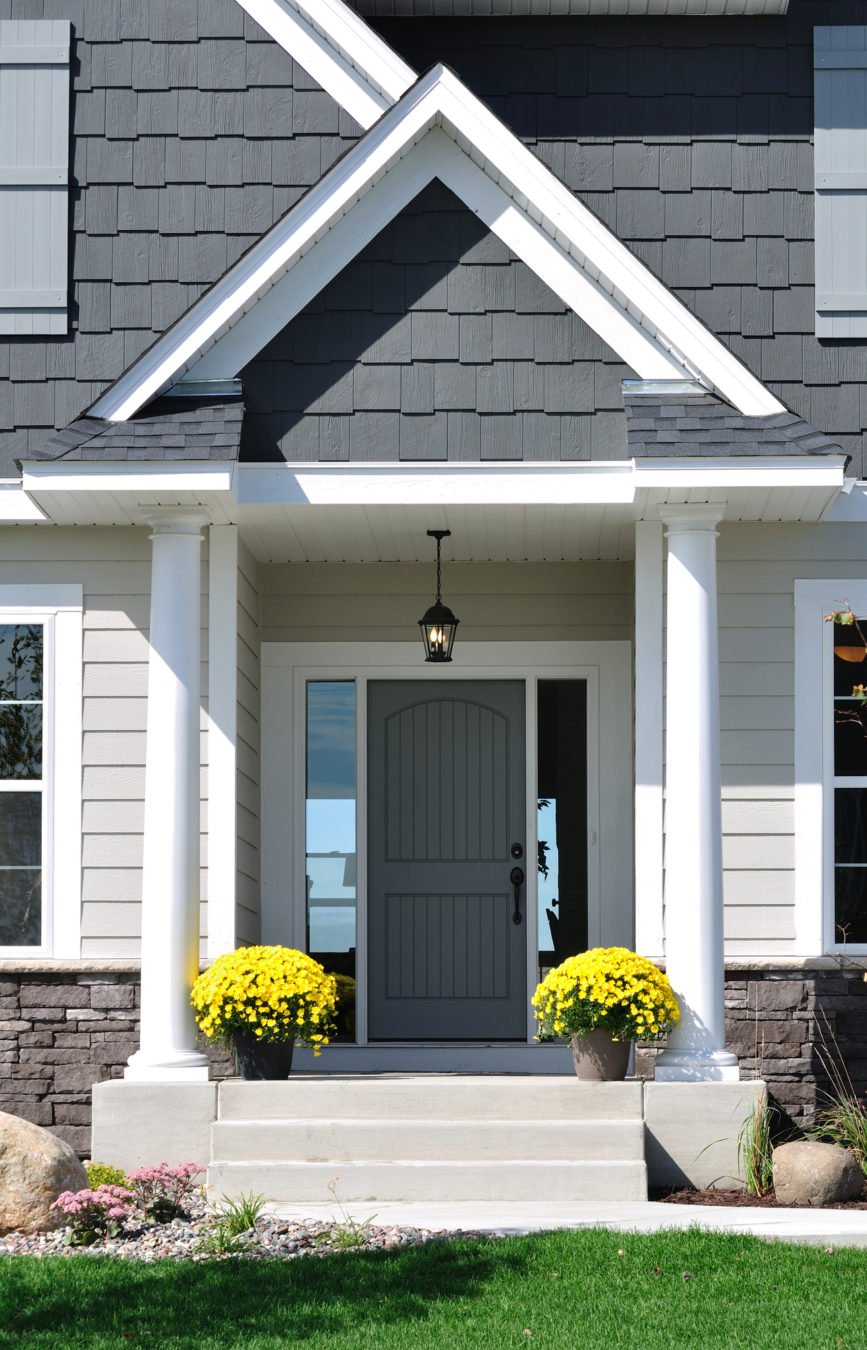Nothing fulfills the American Dream as owning your own home. And yes, buying the ideal home in a dream neighborhood is, for many, one of the main goals in life – after all, people dedicate an average of 6 and a half years to saving for their first home!

Buy or Rent a Home
But buying is not the best choice for everyone, and there is more than one factor to consider before diving headfirst into this investment.
Unsure about the best option for you and your family? Keeping the factors below in mind can help you make the wisest choice.
Understand the Costs Involved
Many homebuyers make the mistake of thinking that the only cost involved with homeownership is their monthly mortgage repayments.
But owning a home also comes with a wealth of associated fees and costs, including repairs, maintenance, taxes, and insurance premiums. And, this is without accounting for closing costs and other mortgage fees!
When looking at the national average, the total monthly cost of homeownership is $1,480 – of which, only $837 goes towards mortgage repayments (principal and interests).
In this regard, renting a house can be more affordable, but does not offer the same long-term value.
- Pro tip: If your heart is already set on buying a home, the best thing you could do is work with a transparent and reliable lender who can help you understand the ins and outs of home loans and plan your finances wisely.
Assess Your Current Financial Situation
As house prices continue to increase, stepping up the property ladder has become increasingly difficult. Taking a hard look at your financial health can tell you whether you are ready to afford a home and how well you’ll be able to cope with financial setbacks and unexpected expenses in the future.
Some of the telltale indicators of a stable financial situation include:
- A high credit score
- A solid employment history
- A low debt to income ratio
- A robust down payment fund
- At least six months’ worth of expenses in savings
At the same time, renting is not always cheaper than buying. A 2020 study shows that in 24 of the country’s 50 largest metropolitan areas renting is more expensive than buying.
Keep in Mind Preferred Lifestyle
When it comes down to choosing between renting and buying, there is no “one-size-fits-all” formula because, simply, no two households have the same lifestyle. For example, Millennials tend to change jobs more frequently than members of other generations. And many professionals today see the option to become a digital nomad as a viable lifestyle choice.
Before putting in an offer for your dream home, make sure to understand what your needs are today – and what they will be in five years’ time. Are you looking to settle down and grow your family? Or are you still not sure where your dream job will take you?
Remember that renting is cheaper than buying if you are looking to stay in a home for only three years or less.
And, don’t forget that owning a home will require you to have a certain aptitude for DIY jobs, repairs, and maintenance. If you can’t imagine spending your Saturday afternoons cutting grass and painting fences, buying a home is probably not for you!
Consider the Risks Involved
Owning a home is often pegged as the first step toward building long-term wealth – and often, that is the case. But owning comes with risks that can’t be overlooked.
Firstly, if your finances change or you experience a setback, you might lose your home. Additionally, economic issues, environmental concerns, and housing surpluses can cause your investment to lose value over time.
What’s more, today’s seller’s market pictures real estate properties as one of the most desired and sought-after investments. But supply and demand ratios change over time. In turn, buying a property today and selling it in a buyer’s market can affect your equity and gains.
Lastly, real estate properties are illiquid assets. This means that you might not be able to sell – or liquidate your asset – overnight in exchange for cash. On the other hand, downsizing your rental or moving into a cheaper apartment can help you stay afloat during a financial setback.
Can’t Choose? You Don’t Have To!
Ultimately, it all comes down to your risk tolerance and long-term strategy. If you are looking to take your chances now to build long-term financial stability, buying is certainly a great choice. But if you are unsure what your future holds, renting is a far more versatile and agile option.
If you can’t choose, don’t beat yourself up – but don’t let today’s trends stray you away from your goals either! The best option for you might just be to rent until you are ready to buy, and speaking to a qualified financial advisor can help you make a well-informed decision.
